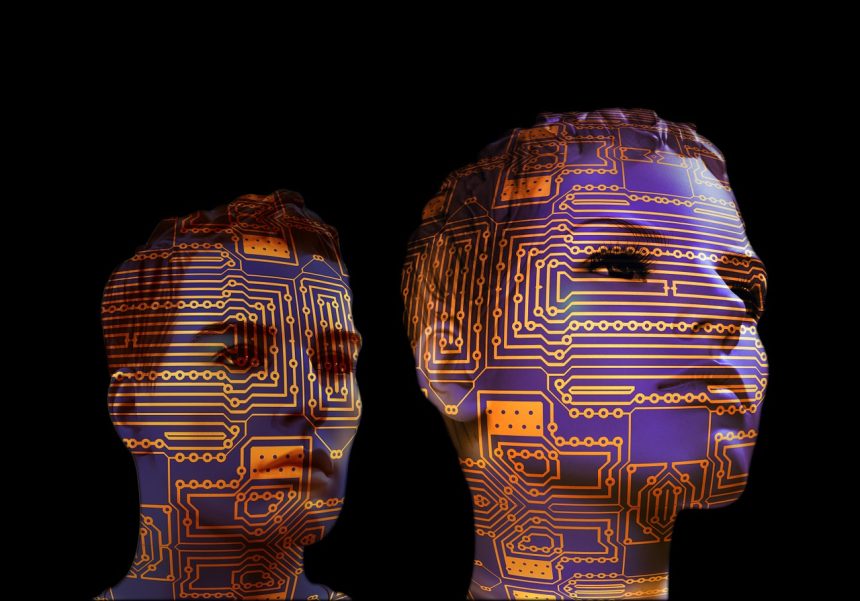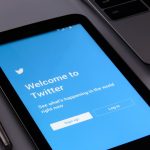In 2013, Carl Benedikt Frey and Michael Osborne, Faculty at the University of Oxford, published a report titled ‘The Future of Employment’.
The study presented in the report examined the susceptibility of 702 varied occupations to computerisation. According to their estimates, about 47% of employment is at risk of disappearing as the fourth industrial revolution of new technologies, digital solutions, internet of things, artificial intelligence takes over.
The new revolution will create a world where major production will be done by synchronized machines — artificially intelligent machines, which are capable of computing and using large amounts of data and information faster and more efficiently than humans can.

As with all previous revolutions, while the change heralds a better standard of living; it will also bring with it tough times for the ones who experience it without the needed skills to contribute value to the new economy.
The fourth industrial revolution, if not managed well, is likely to increase the wage gap between men and women, innovators and safe players, educated and semi-literate people. It could create a scenario where the top 1% wealthy ones of the world get richer, more powerful, and the poor ones get poorer.
Many of the jobs that exist now will be gone in the next few years; that’s fact. What we can do in the meantime, is start to prepare for the industrial change.

Through Artificial Intelligence, machines and systems learn to reason and connect dots like human beings, using historical data and predictive human behaviour that train algorithms. The algorithms and software are trained to perform complex work efficiently in the shortest possible timeframe which is quite a tempting proposition for business owners and companies – the employers.
For business owners, artificial intelligence and new technologies like Work Fusion’s present the opportunity to cut cost, time and eliminate human error.
The more democratised the technology, the lower the barriers of access to it, and the more people are able to adopt it.
For Millennials and Generation Z (people born between 1995 and the 2000s), this presents a greater challenge of adaptation and preparation for an inevitable future.
Millennials now experience a workplace largely divergent from what Generation X and Baby Boomers experienced because of the fast-paced technological progression. The workplace of old used to be more demanding of physical presence and clocked hours, but that is not the case now.
A millennial can work from anywhere in the world as long as they have a laptop, Internet connection and the smarts to put the two together.
In the coming years, millennials will also have to adjust like the previous generations did. The carpet we stand upon is being pulled out from under our feet and we must be ready to hop on the next one.
Millennials will see certain kinds of jobs gradually phased out of the workplace, and even now, that is happening already. According to a 2016 Deloitte Insight Report, the legal profession will experience “profound reforms” within the next few years, 39% of jobs in that sector will very likely be automated. The report also highlights the year 2020 as the “tipping point”. A McKinsey & Company report estimates that “automation could raise productivity growth globally by 0.8 to 1.4 percent annually”, considering that steam engines raised global productivity levels by 0.3 annually between 1850 and 1910.
Jobs like web designing are already seeing how AI and automation will impact them; AiDA, an Artificial Intelligence design assistant, is capable of designing a website in less than 2 minutes. Google already has a Machine Learning software that has learned how to write Machine Learning code, so the software can basically recreate itself. There is already an Artificial Intelligence software that can write research papers (even though it runs the risk of plagiarism). There are software that companies can use to gauge employee morale and that can oversee part of the hiring process, effectively putting the job of Human Resource managers at risk. And these are just a few examples of ways Artificial Intelligence and machine learning can and will impact the future of our jobs and careers.
So, what do we do about all this? How do we get ready for a workplace of the future that is substantially different from the one we have now?
According to Martin Ford, author of Rise of the Robots: Technology and the Threat of a Jobless Future, the most secure jobs are those that “involve genuine creativity, such as being an artist, being a scientist, developing a new business strategy.”
These are the qualities millennials should be looking to focus on with their careers. ‘The Future of Employment’ report states that jobs that include perception and manipulation tasks, creative intelligence tasks, and social intelligence tasks are not susceptible to computerisation.
The ability to navigate complex human interaction, the ability to combine unfamiliar concepts to create new ideas, the ability to perform social tasks such as negotiation, persuasion, and care for others are skills that AI machines will find extremely difficult to eliminate.
The future of work belongs to people who have mastered soft skills, people who know how to navigate human interactions expertly, people who know how to think for themselves and think creatively, people who understand the value of other people. Those are the ones that will survive and thrive in the workplace of the future.
One way to get ahead of the curve is to take advantage of online resources that demystify how Artificial Intelligence impacts the way enterprises operate. An example is WorkFusion’s ‘Forecasting the Future of Enterprise AI’ webinar. You will be introduced to concepts that help you understand how AI advancements will benefit you as an employee, individual, small business owner or rising professional.
The future is uncertain, but it really belongs to the bold and curious. There’s no better way to prepare for the future than learning all about it.
Original Post on kelechiudoagwu.com

Kelechi Udoagwu is an Accra-based Nigerian tech entrepreneur/consultant, presenter, advocate, student and writer.
She is the Co-founder of Skrife and produces and hosts the web series – Tech Roundup with Bitnode. She was also the Communications Director at MEST Africa.










